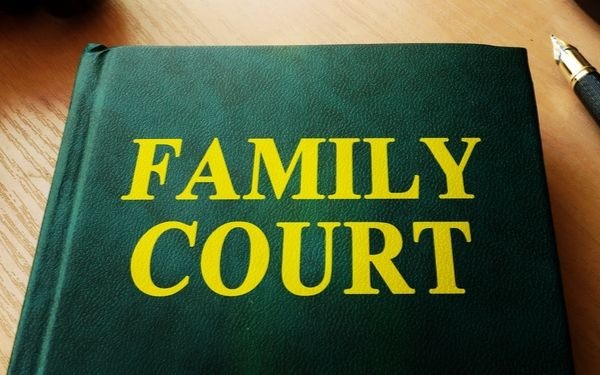
The President of the Family Division of the High Court has this week warned judges and other court staff they must ‘do everything possible’ to keep adoption visits to court separate from care proceedings.
Sir James Munby, who retires at the end of July, issued the reminder in the wake of a tweet posted earlier this month by the barrister Damian Stuart, who wrote:
“Placement Orders made today. Trying to console client and talk about her options. Court waiting room full of children and their adoptive parents coming for their celebration hearings. It’s insensitive to have these occurring side by side.”
‘Rubbing people’s noses in misery’
Stuart’s post, which Munby said was impossible to disagree with, generated debate among legal professionals – who noted this was not an uncommon occurrence – and others. One Twitter user commented:
“It’s almost as though those in charge want to remind the parents who’ve lost / are at risk of losing their children that they are virtually powerless. Nothing like the state rubbing people’s noses in their misery and shame at their lowest point.”
Others questioned the need for so-called celebration hearings – which occur after a judge makes the formal adoption order and are treated as a way for new families to commemorate the occasion – to take place at all.
‘We owe the families nothing less’
Guidance issued by Sir James in April 2018 states that the visits “shall take place outside normal court sitting hours [and] shall not be listed or referred to in the daily court list”.
In his statement this week, the family courts president said: “It is vital that judges and Her Majesty’s Courts and Tribunals Service staff do everything possible to separate adoption visits from other proceedings, both in terms of the timing and, wherever possible, by arranging for them to be dealt with in separate parts of the building.
“This will often require careful planning, but it must be done,” he added. “We owe the families nothing less.”


 Family help: one local authority’s experience of the model
Family help: one local authority’s experience of the model  ‘I spent the first three months listening’: how supportive leadership can transform children’s services
‘I spent the first three months listening’: how supportive leadership can transform children’s services  How senior leaders in one authority maintain a culture of excellence
How senior leaders in one authority maintain a culture of excellence  How staff support ensures fantastic outcomes for children and families
How staff support ensures fantastic outcomes for children and families  Workforce Insights – showcasing a selection of the sector’s top recruiters
Workforce Insights – showcasing a selection of the sector’s top recruiters 

 Facebook
Facebook X
X LinkedIn
LinkedIn Instagram
Instagram
Comments are closed.